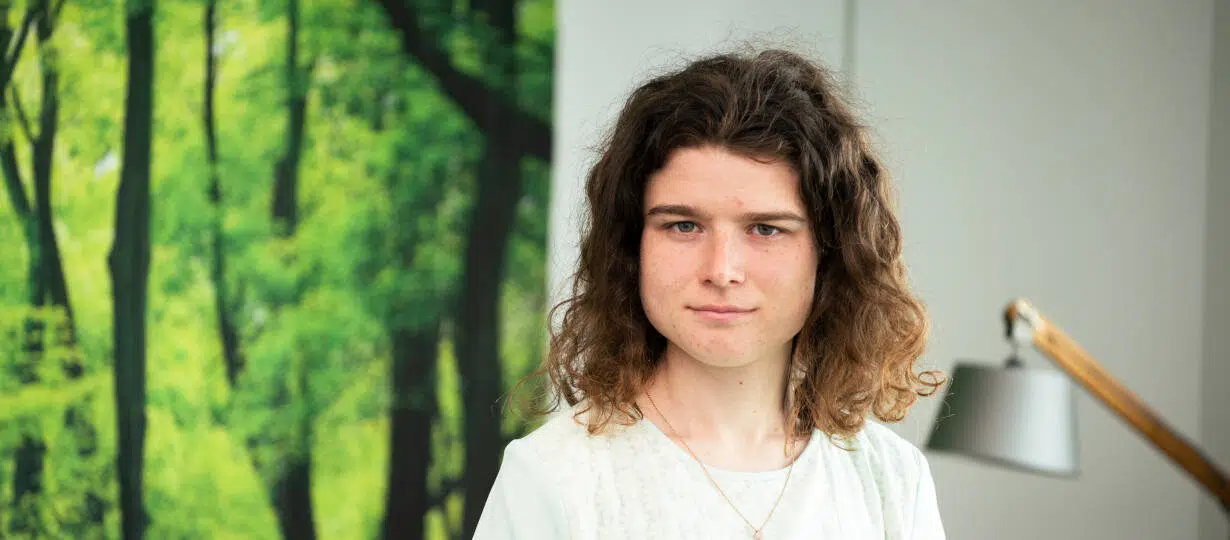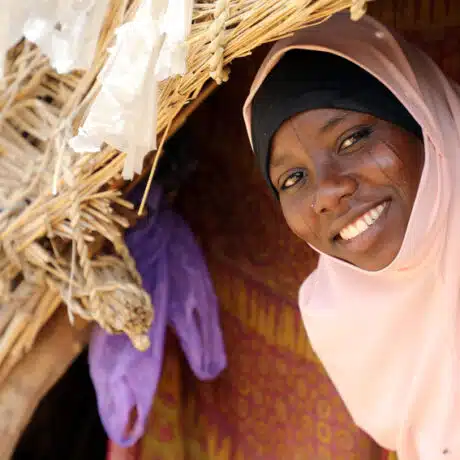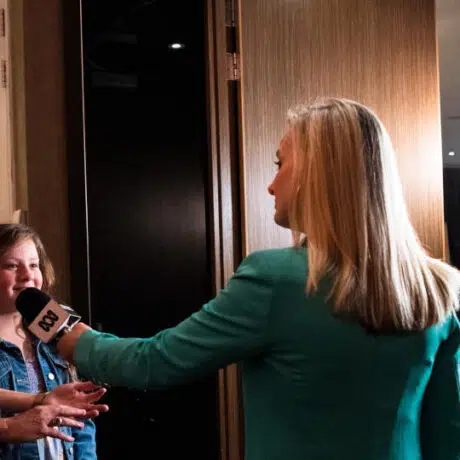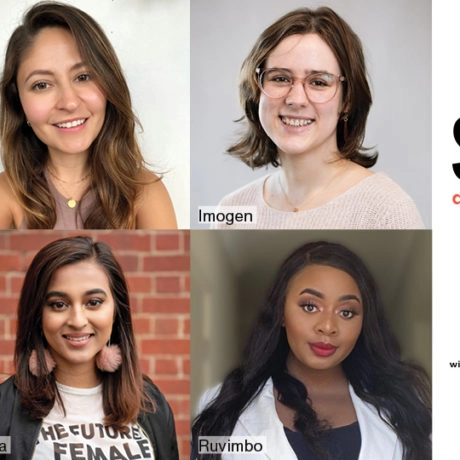News and Stories - Girls Rights - 14 October 2022
Neurodiverse women and girls finally being seen, but there is much more work to do

By Christina Cushen
With International Day of the Girl and Mental Health Day running side-by-side this year in October it is a good time to look at what it means to be a neurodiverse young woman in Australia.
First, let’s look at a recent massive win. For the first time that I can remember there is a real, honest neurodiverse female character on Australian television.
Heartbreak High’s Quinn “Quinni” Gallagher Jones is played by neurodiverse actress Chloe Hayden and it is one of the most wonderfully nuanced portrayals of neurodiversity on television. On the Netflix show, Quinni has Autism Spectrum Disorder but rather than just make it a simplified character trait, as has been done in the past, the show looks unflinchingly at how her condition affects her relationships, her learning and her day-to-day life.
Hayden has written a book whose title resonates with a woman like myself who is both neurodiverse and suffers from an anxiety disorder: Different, Not Less.
Today marks 10 years of the UN’s International Day of the Girl, and although progress has been made, change is slow. In their own words, we hear from young women about their hopes for the future and the challenges they’ve overcome.#TheProjectTV pic.twitter.com/YkYTPz1PkK
— The Project (@theprojecttv) October 11, 2022
This can seem like a simple statement but those of us who are neurodiverse can often feel like we are not seen or heard, and definitely not well understood. Having people like us on TV can be a start, but the stark reality is we have a long way to go.
The mission of World Mental Health Day (October 10) this year was to “make mental health and wellbeing for all a global priority”. This worldwide mission is acknowledgement of the huge toll that the global pandemic has taken on people’s mental health and it is the role of such a day to aim big.
But, I am concerned that we first have to get the basics right surrounding mental health before focussing on more lofty goals.
My experience of mental health is that we struggle to see it as a serious enough issue, as a “real” health problem so there is still a lot of work to be done.
Here are what I think is needed to help people with mental health issues.
Recognise that women have higher rates of some mental health issues
Beyond Blue says that some women experience depression and anxiety at higher rates than men with pregnancy increasing the risk of both these conditions.
To mark the tenth International Day of the Girl on October 11, charity for girls’ equality Plan International Australia have just released a review of the progress and setback for girls’ rights in Australia over the last decade.
While gains have been made, one of the areas we have fallen far behind is mental health: in Australia, adolescent girls and young women have had the highest rates of hospitalisation from intentional self-harm across all age groups since 2012. Anxiety and depressive disorders are also the most common disorder amongst girls, and it found that in 2022, girls aged 15-19 identified coping with stress and mental health as the issues of most personal concern to them.
Understand that mental health problems are real
What I still find horrifying is a lot of people think that a mental condition is not a “real” health condition. What is so wonderful about a character like Quinni on Heartbreak High is that they can help break down the stereotypes that exist around mental health and neurodiversity. For too long people with mental health issues have been portrayed very two dimensionally, that change is important to all of us. Once we are seen I hope it will be easier to be heard.
Break down cultural barriers to mental health
My experience with mental health issue has been exacerbated due to my nationality. My extended family is from Eastern Europe where they have cultural barriers that prevent them from seeing a psychologist because you are seen as “crazy”. This is seen as a weakness in my culture. This is not healthy and needs to be addressed by community leaders.
Realise how common mental health problems are
A recent study by the World Health Organisation showed that around one billion people have a mental health disorder but up to 70 per cent of people are not getting the help that they need. A lot of this is down to cultural pressures – mental health problems are not someone else’s problem. One in five Australians suffers from mental health issues every year. This is almost 20 per cent of the population. You probably know someone with a mental health issue but are you listening to them?
Be supportive
Take it from someone who has struggled with their mental health: if you feel that people do not accept your condition it is isolating and depressing. You may not know how to react to someone with a mental health condition but the simple start is believing them. These things are not fixed simply by “looking on the bright side”. These are real, debilitating conditions.
Someone like me needs the full support of my family and friends because without it is almost impossible to cope.
On Mental Health Day and International Day of the Girl, if people could simply reflect on their own attitude to mental health I think that would be a great start. We must first start with simply acknowledging the scale, the reality and the first steps to help those of us struggling with our mental health in this country.
Christina Cushen is a 2022 Plan International Australia Youth Activist.





